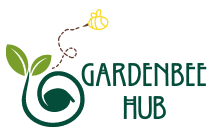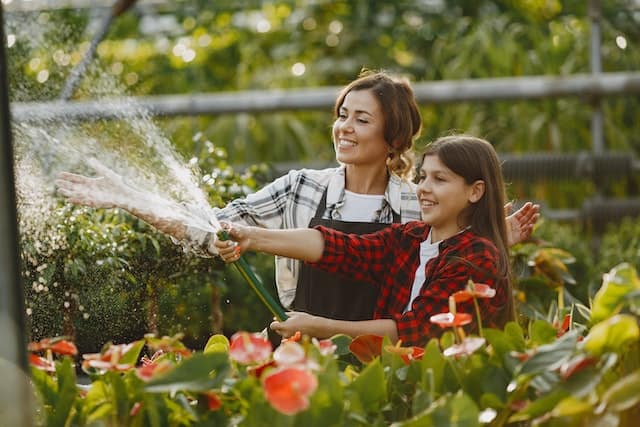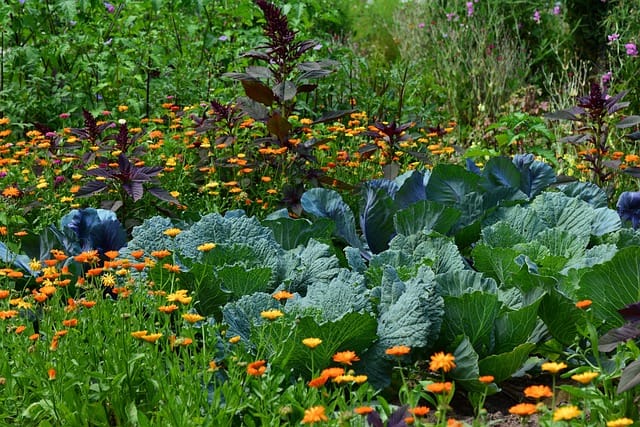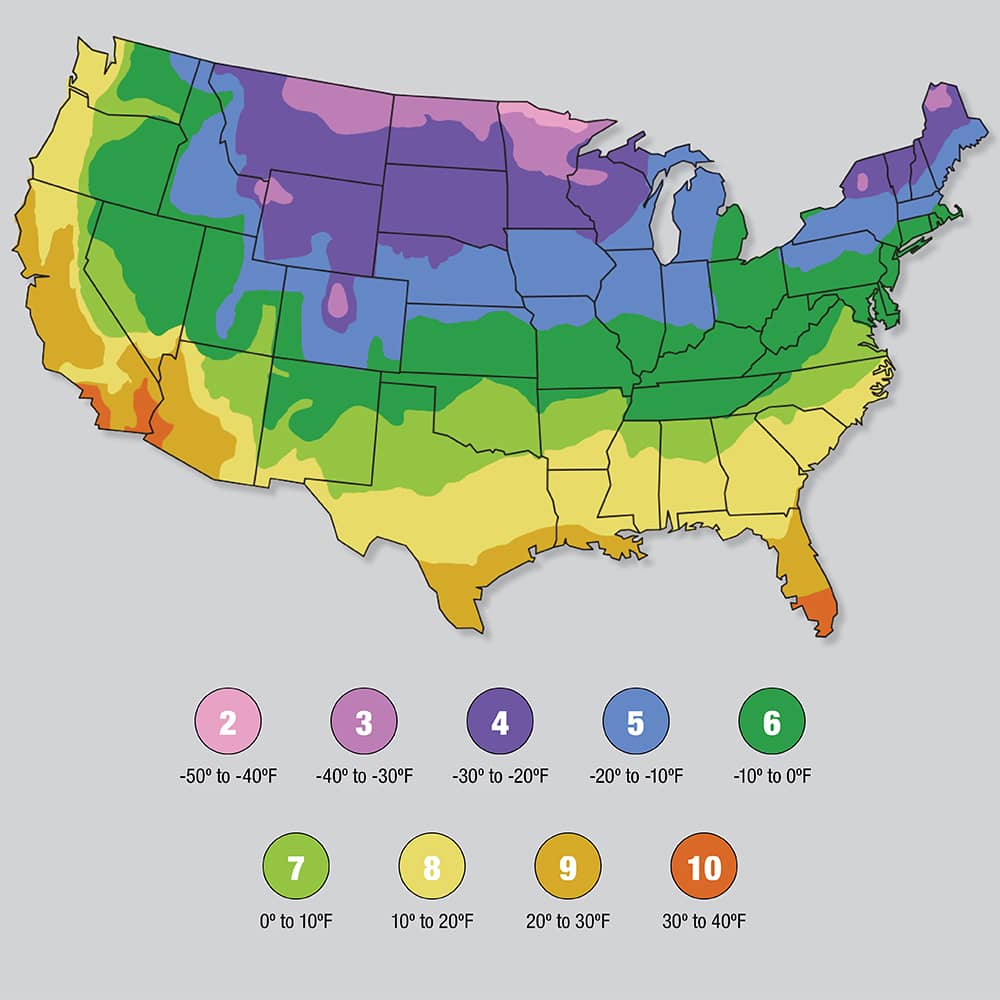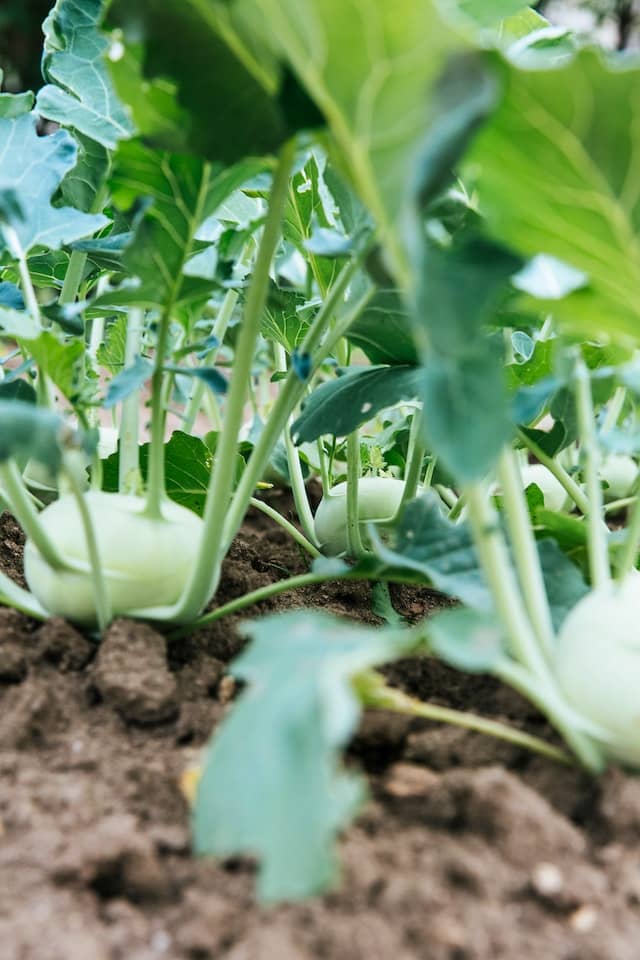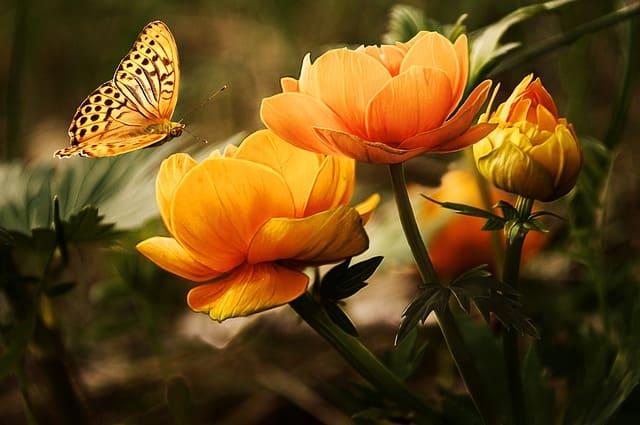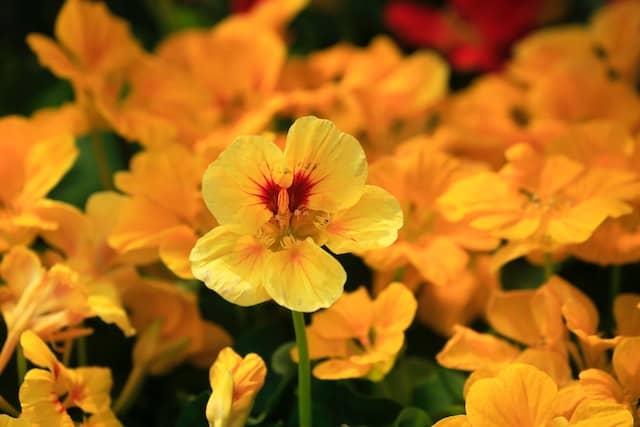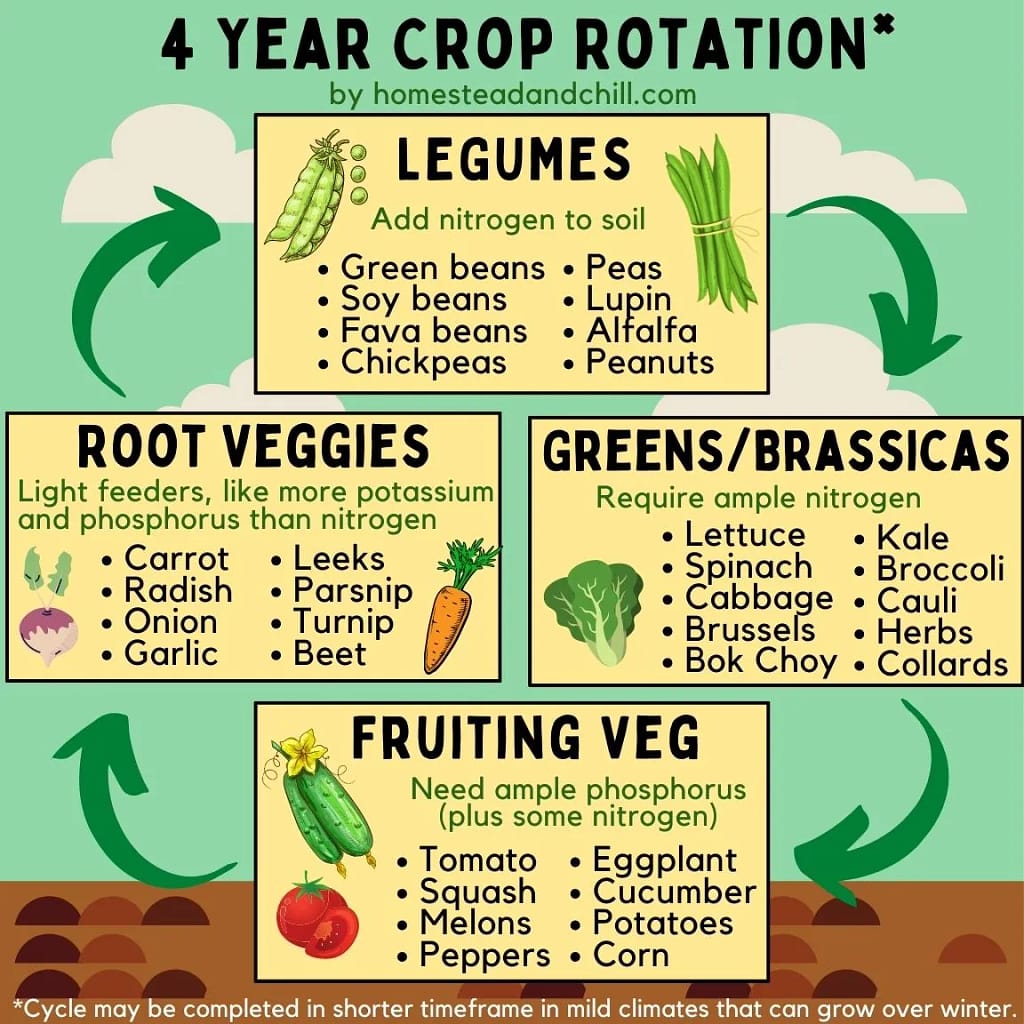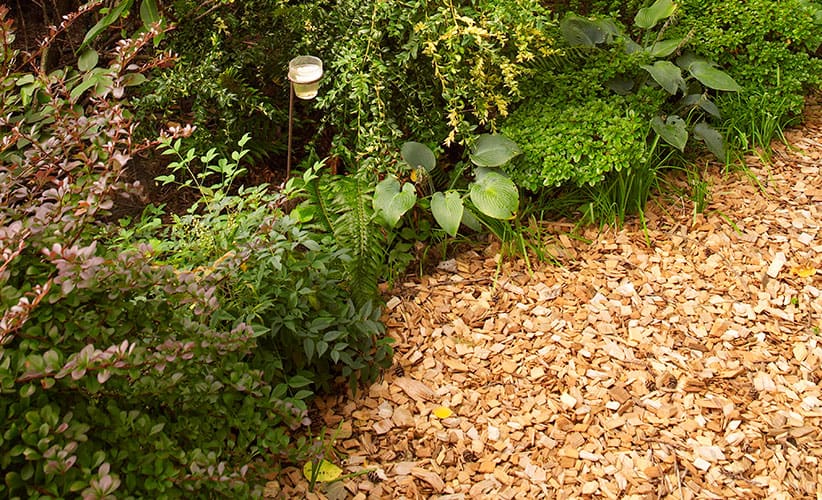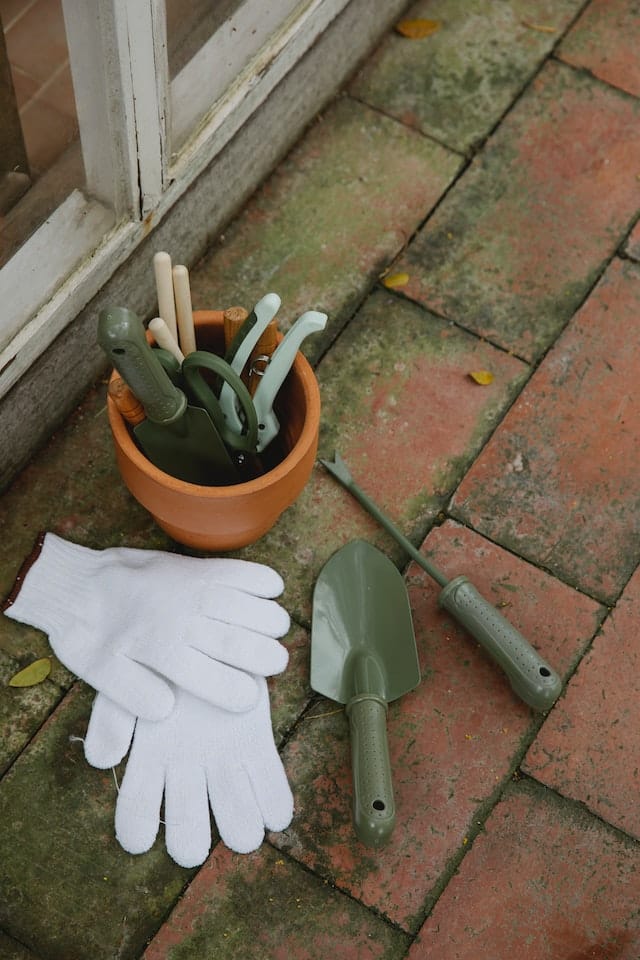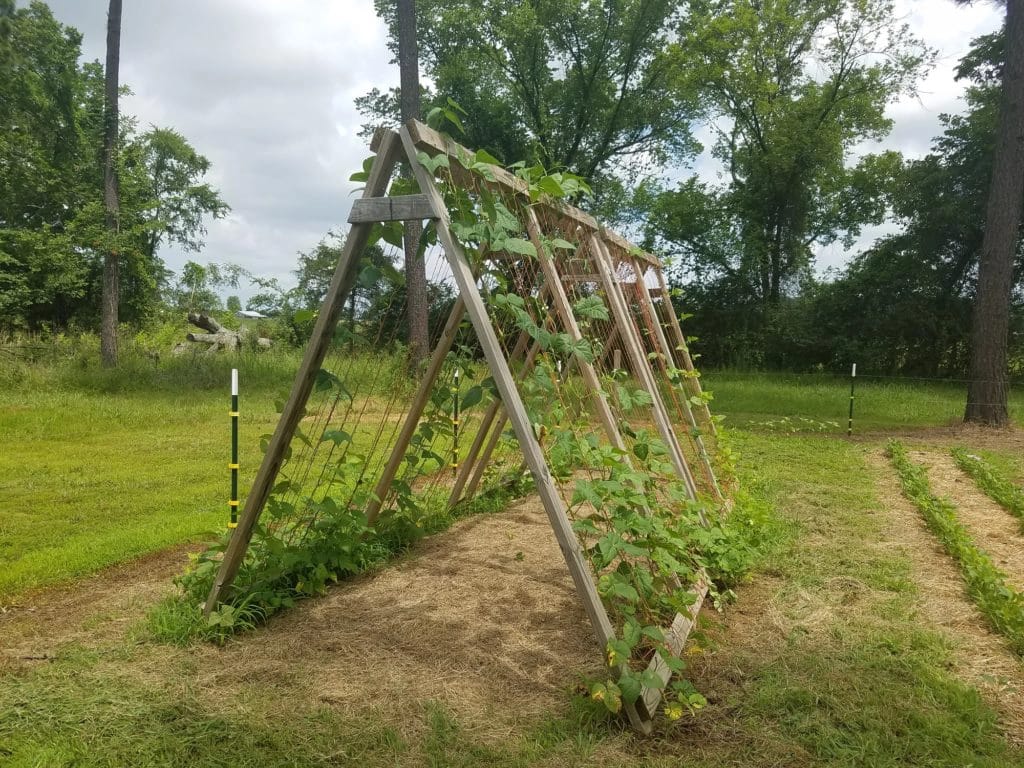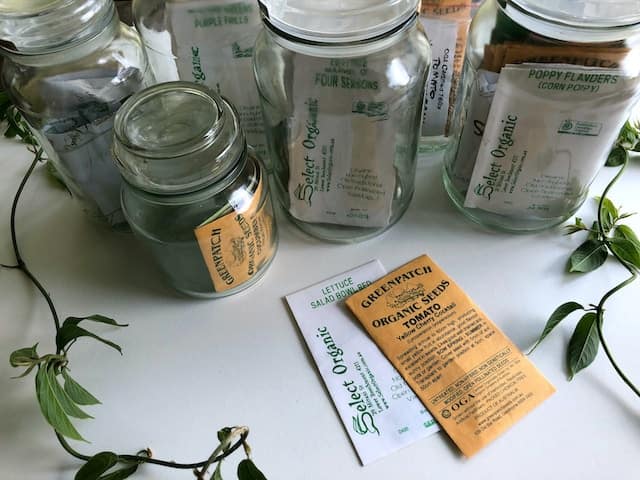Watering guide for productive Vegetable Garden:
Water is essential for plant growth. Without enough water, plants will wilt, stop growing, and eventually die. In a vegetable garden, water is especially important during the hot summer months when plants are growing rapidly. Consistent supply of water during this phase will help in good growth and produce a good harvest.
How much water do vegetable plants need?
The amount of water that vegetable plants need varies depending on the type of plant, the climate, and the soil type. In general, most vegetable plants need about an inch of water per week. However, some plants, such as tomatoes and peppers, need more water, while others, such as beans and carrots, can tolerate drier conditions.
How often should I water my vegetable garden?
The frequency of watering will depend on the amount of rainfall your area receives. In areas with regular rainfall, you may only need to water your vegetable garden once a week. However, in areas with hot, dry summers, you may need to water your garden every day.
How should I water my vegetable garden?
The best way to water your vegetable garden is to water deeply and infrequently. This will help to encourage the roots of your plants to grow deep into the soil, where they will be able to find moisture even during dry periods.
To water deeply, use a hose or sprinkler to soak the soil to a depth of several inches. Avoid watering the leaves of your plants, as this can encourage the spread of disease.
What are some tips for watering a vegetable garden?
- Water in the morning so that the leaves have time to dry before nightfall. This will help to prevent the spread of disease.
- Water the soil, not the leaves. Wet leaves can encourage the spread of disease.
- Water deeply and infrequently. This will help to encourage the roots of your plants to grow deep into the soil.
- Mulch around your plants. Mulch helps to keep the soil moist and cool, which can help to reduce the amount of water you need to use.
- Water during the cool, early morning hours. This will help to prevent water from evaporating too quickly.
- Use a soaker hose or drip irrigation system. These systems deliver water slowly and evenly, which helps to prevent water loss due to evaporation.
- Check the soil moisture regularly. The soil should be moist, but not soggy.
- Potting media amended with water retentive materials such as cocopeat/coir can help the plant retain moisture for longer.
- More tips here
Watering problems
- Overwatering: Overwatering is a common problem in vegetable gardens. It can lead to root rot, wilting, and stunted growth.
- Underwatering: Underwatering can also be a problem in vegetable gardens. It can lead to wilting, yellowing leaves, and stunted growth.
- Watering too late in the day: Watering your plants too late in the day can encourage the spread of disease.
- Watering with cold water: Watering your plants with cold water can shock the plants and cause wilting.
Troubleshooting
If your plants are wilting, it may be a sign that they are not getting enough water. Check the soil moisture and water your plants if the soil is dry to the touch.
If your plants are growing slowly or have yellowing leaves, it may be a sign that they are not getting enough water. Check the soil moisture and water your plants if the soil is dry to the touch.
If you see signs of disease on your plants, such as wilting, yellowing leaves, or black spots, it may be a sign that you are overwatering your plants. Reduce the amount of water you are giving your plants and see if the problem improves.
Watering is an essential part of gardening. By following the tips in this blog, you can help to ensure that your vegetable plants get the water they need to grow healthy and produce a bountiful harvest.
